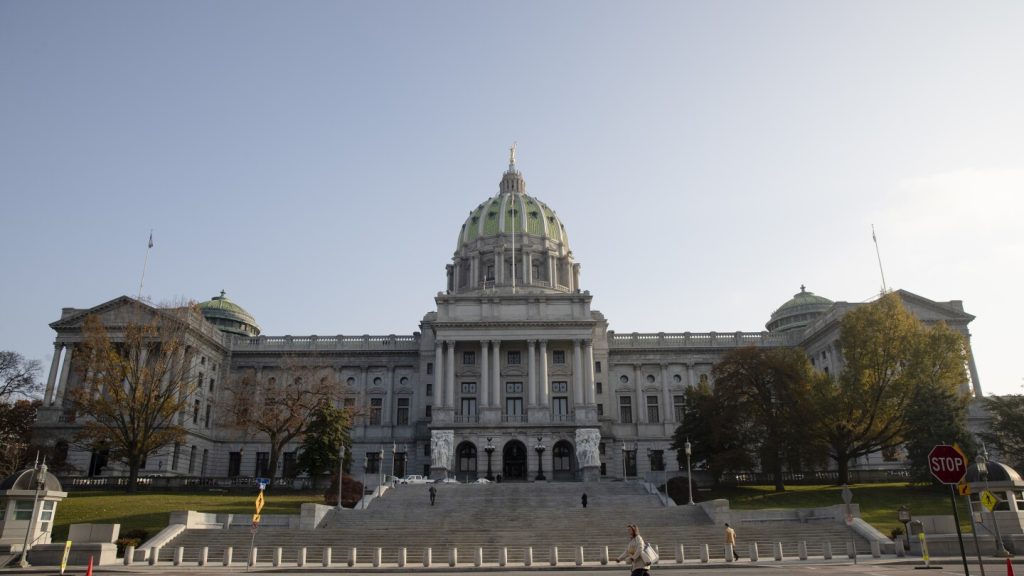In Pennsylvania, the upcoming state legislative elections will determine the balance of power in the General Assembly, with Democrats currently holding a one-seat majority in the House and Republicans controlling the Senate with 28 seats. Both parties have proposed various policies, with Republicans advocating for voter ID requirements, abortion restrictions, and election changes, while Democrats are pushing for increasing the minimum wage and expanding civil rights for LGBTQ people. Democrats hope to flip three Senate seats to achieve a 25-25 deadlock, allowing Lt. Gov. Austin Davis to break ties on procedural votes.
Control of state legislatures has become more politically significant in light of recent Supreme Court decisions that have shifted power to the states. In Pennsylvania, only a few dozen legislative races are expected to be competitive, with the outcome potentially shaping state laws on issues such as abortion, guns, and transgender rights. In the House, Democrats were able to gain a majority two years ago thanks to redrawn district lines. Despite recent resignations, Democrats have maintained control of the chamber floor, and more than half of the House districts have only one candidate on the ballot.
Several key races in the House are closely watched, including challenges to incumbent Democrats in Republican-leaning areas. Rep. Frank Burns and Rep. Jim Haddock are among the targeted Democrats, while Rep. Craig Williams and Rep. Valerie Gaydos face potential challenges from Democrats. In the Senate, races involving incumbents such as Sen. Dan Laughlin and Sen. Devlin Robinson are expected to be competitive. The retirement of Sen. Jim Brewster has created an open seat in Pittsburgh, with Democrats and Republicans vying for control.
Overall, the 2022 state legislative elections in Pennsylvania will play a crucial role in shaping the policy landscape of the state. With both parties vying for control of key seats in the House and Senate, the outcome will determine the direction of legislation on key issues such as voter ID, abortion, minimum wage, and LGBTQ rights. Voters will have the opportunity to weigh in on these important issues and decide the future direction of their state government. The close race for control of the General Assembly underscores the high stakes of this year’s election and the potential impact it could have on the lives of Pennsylvanians.


